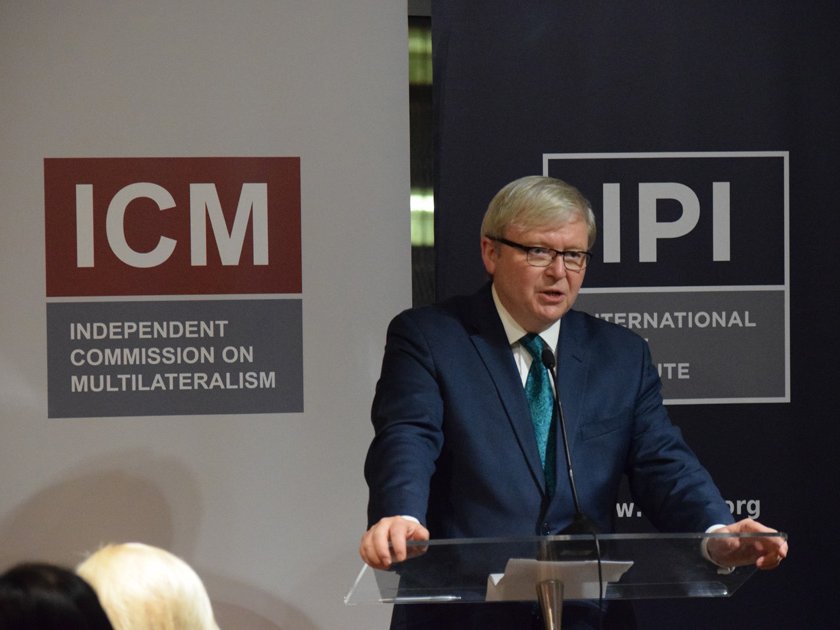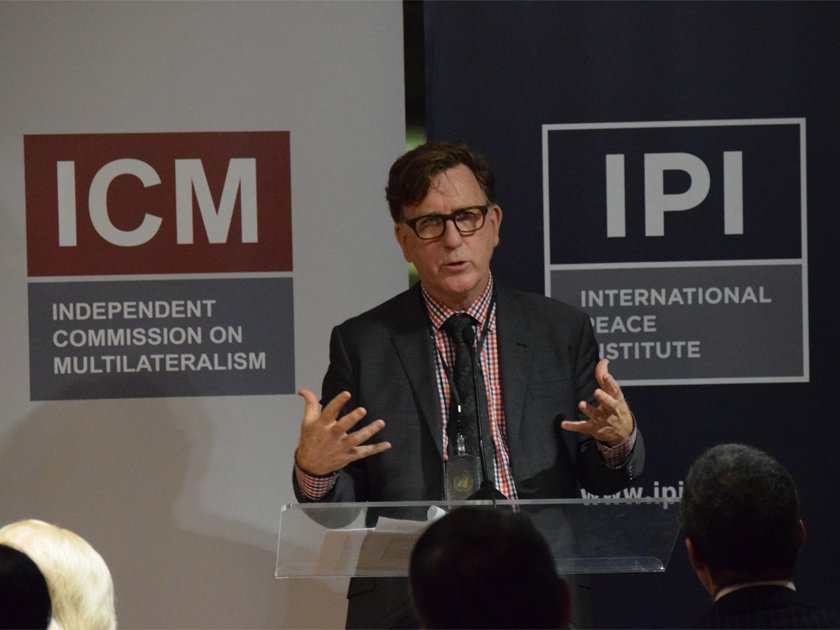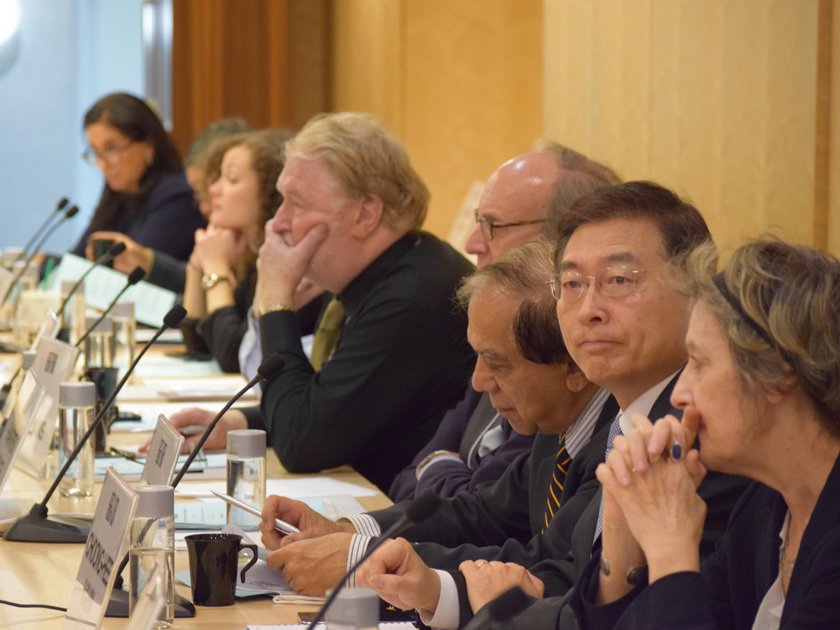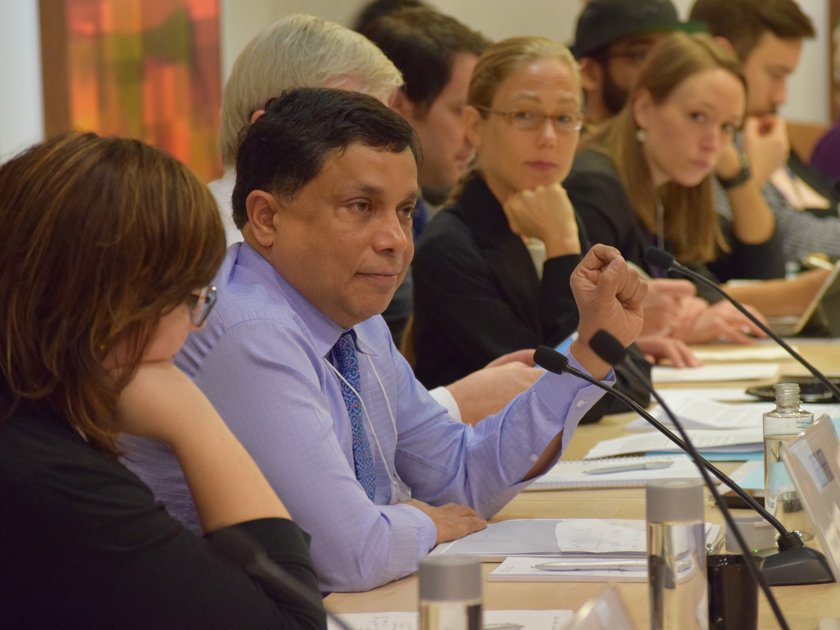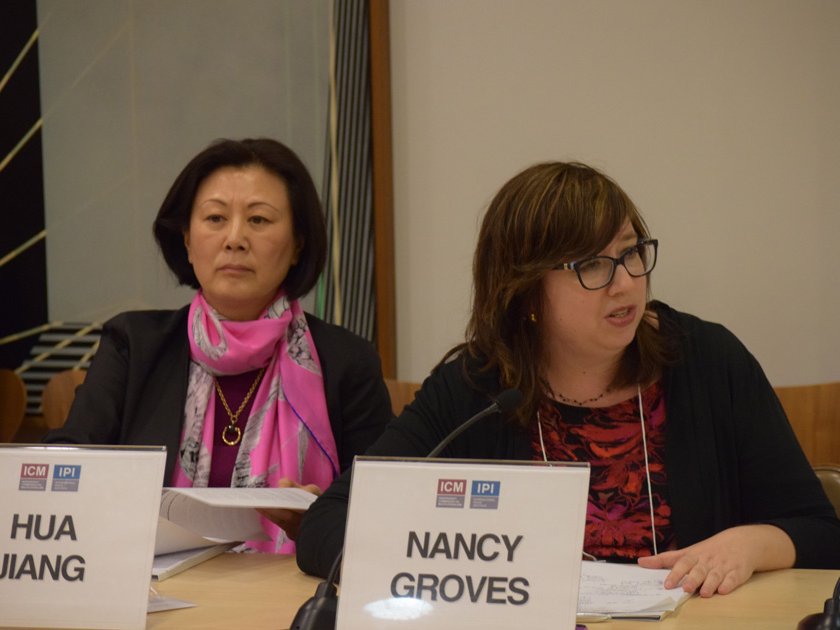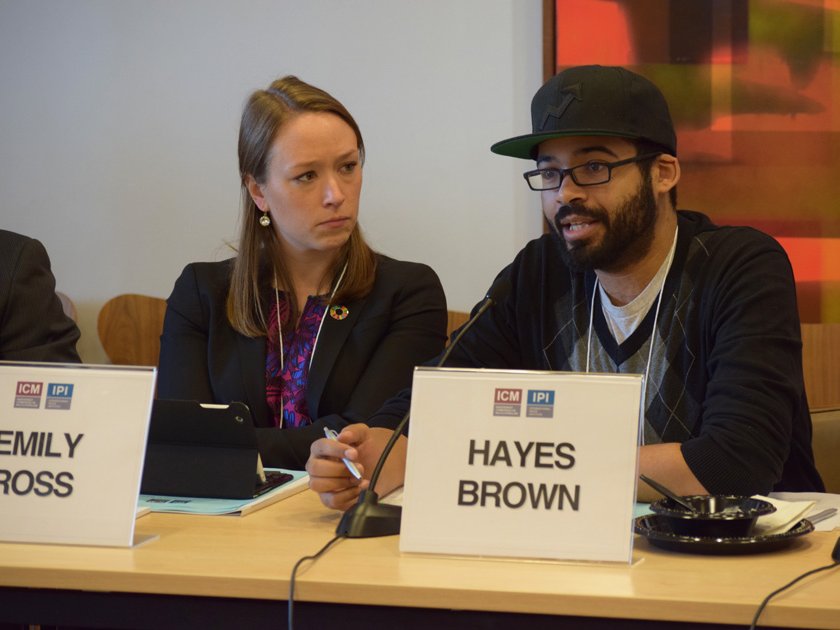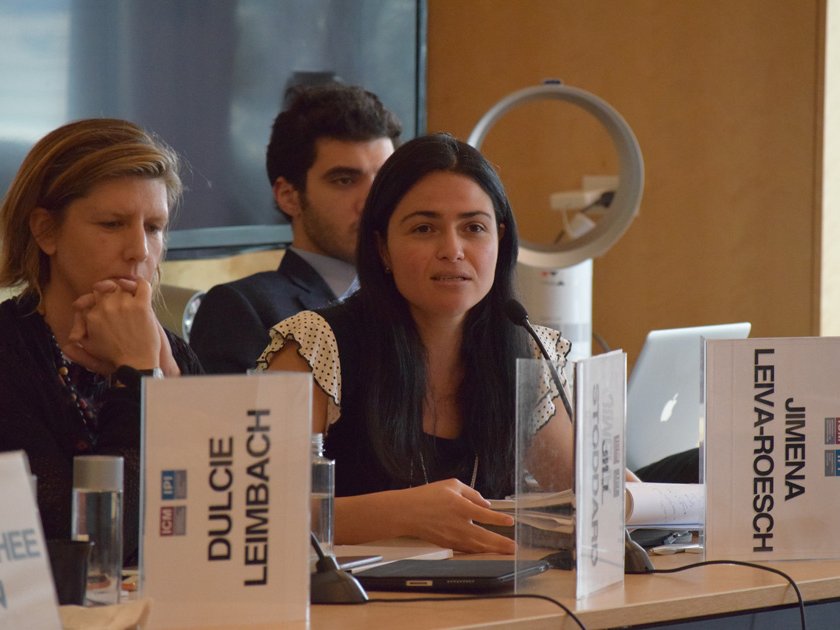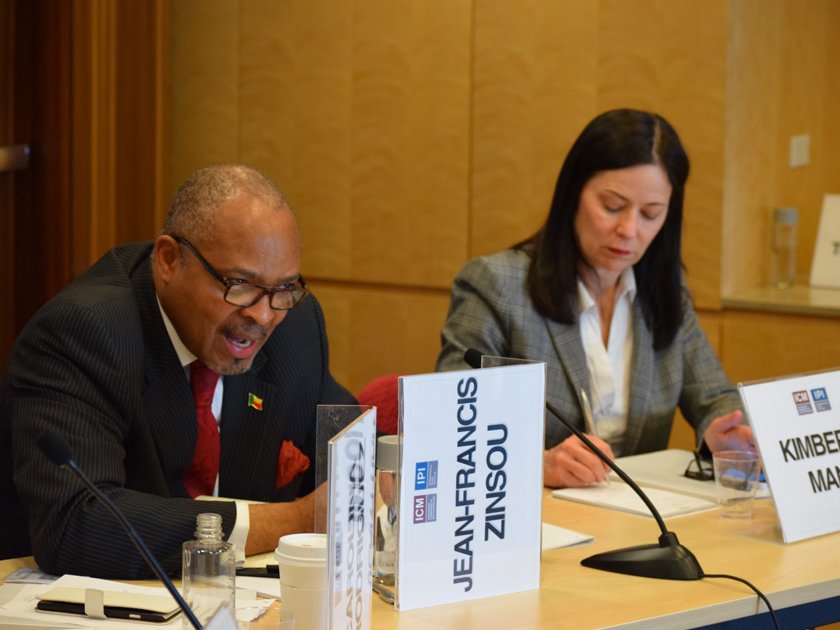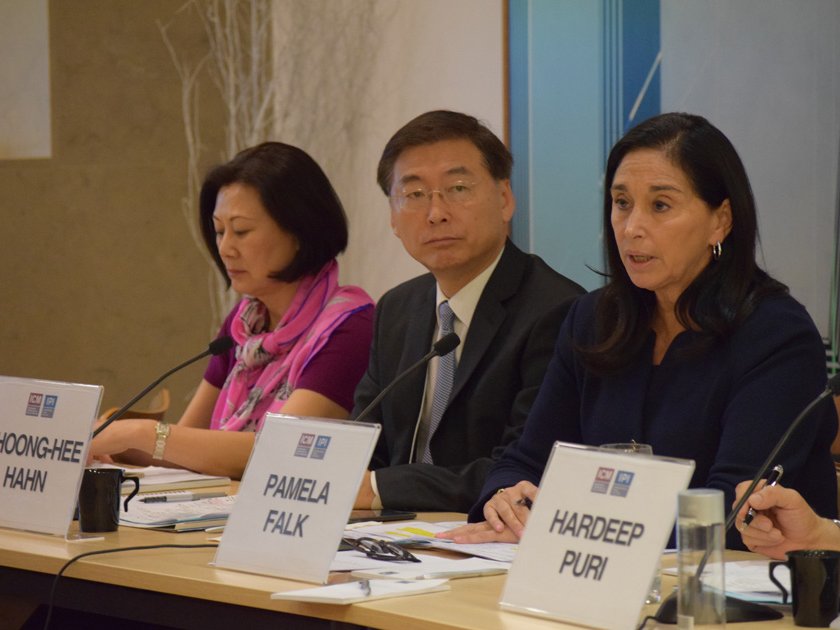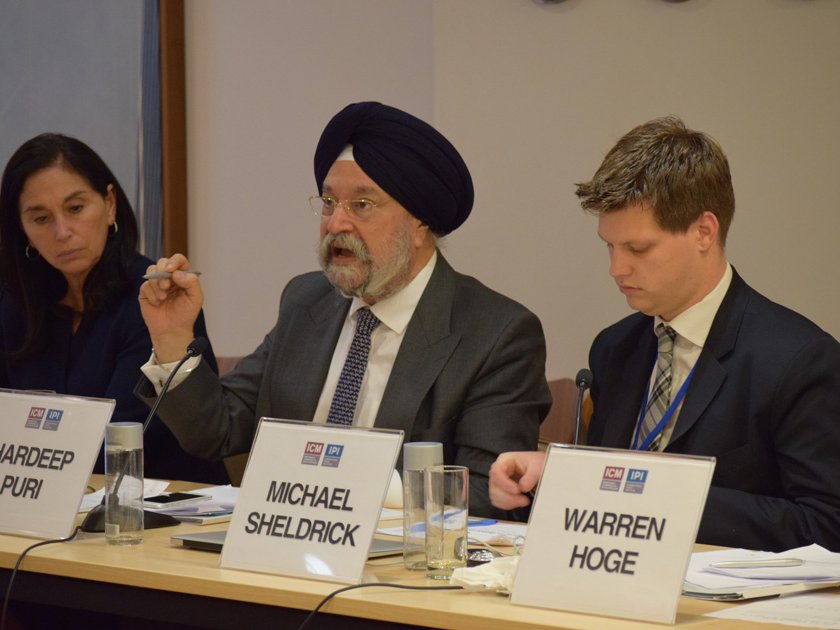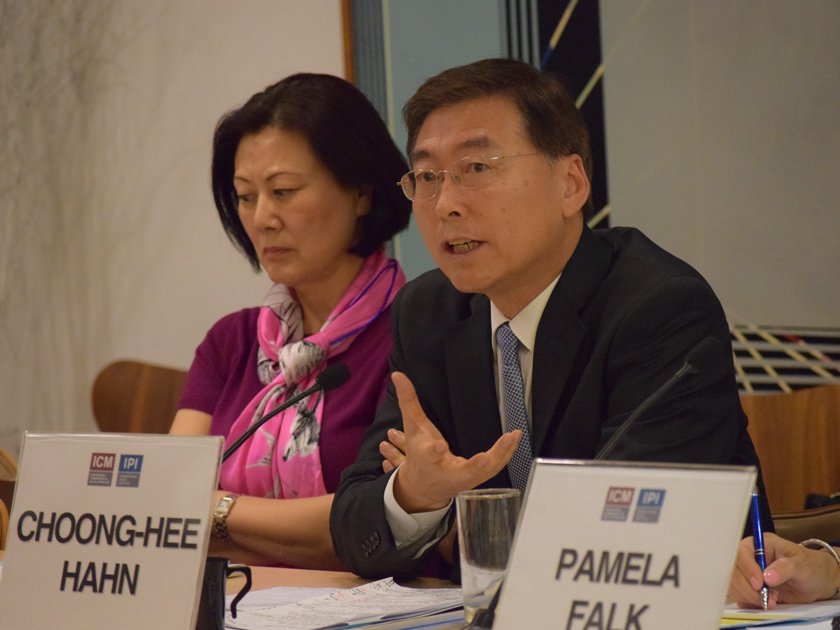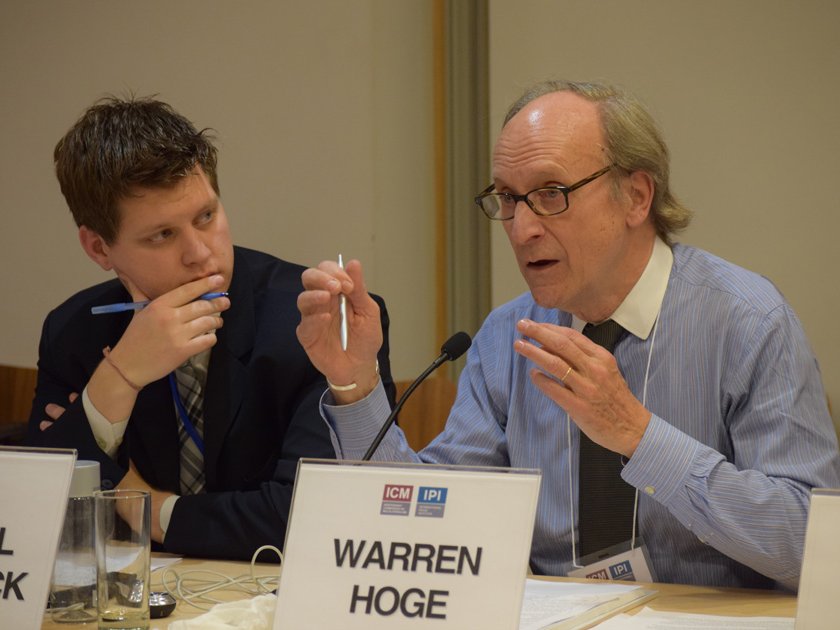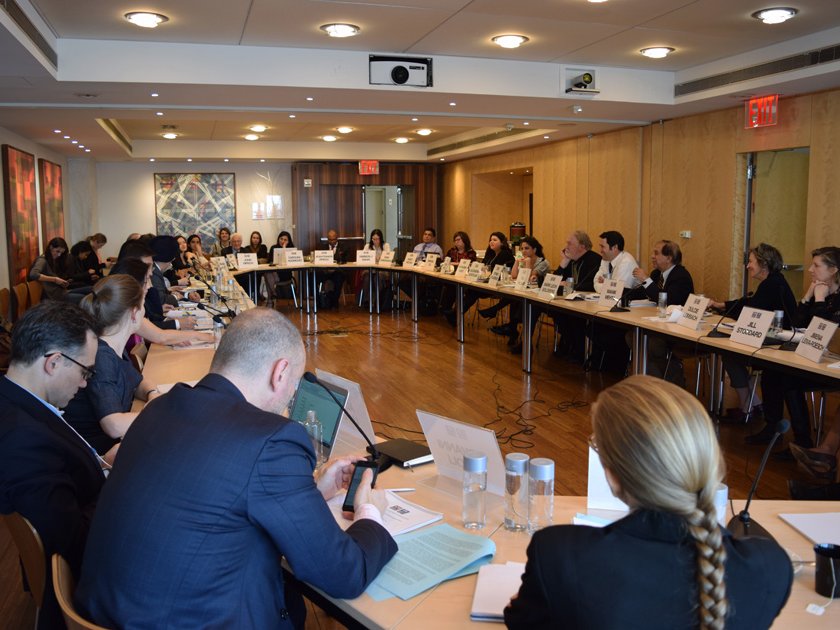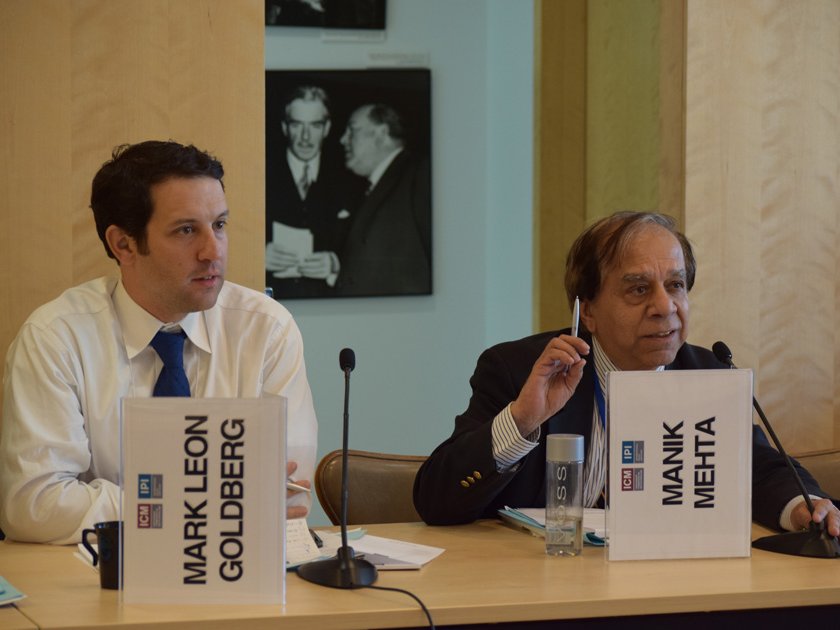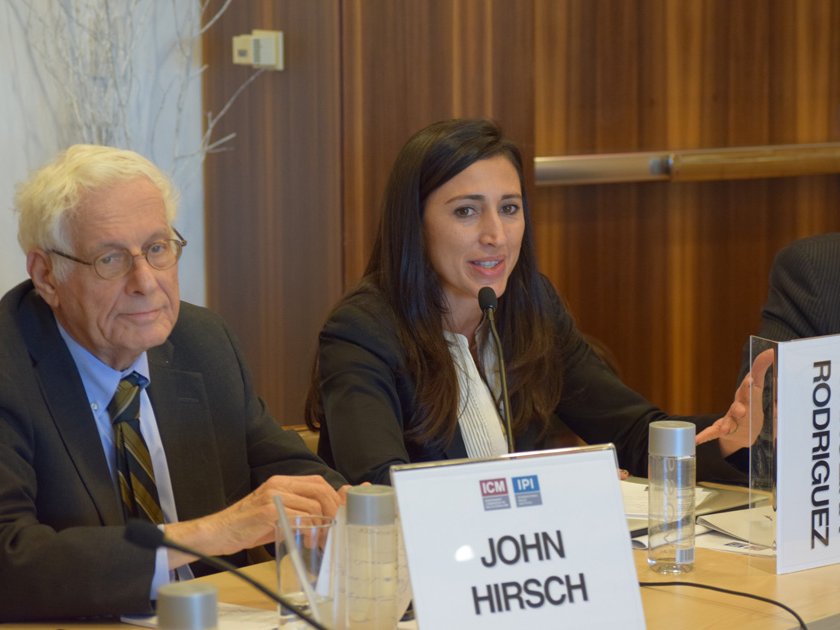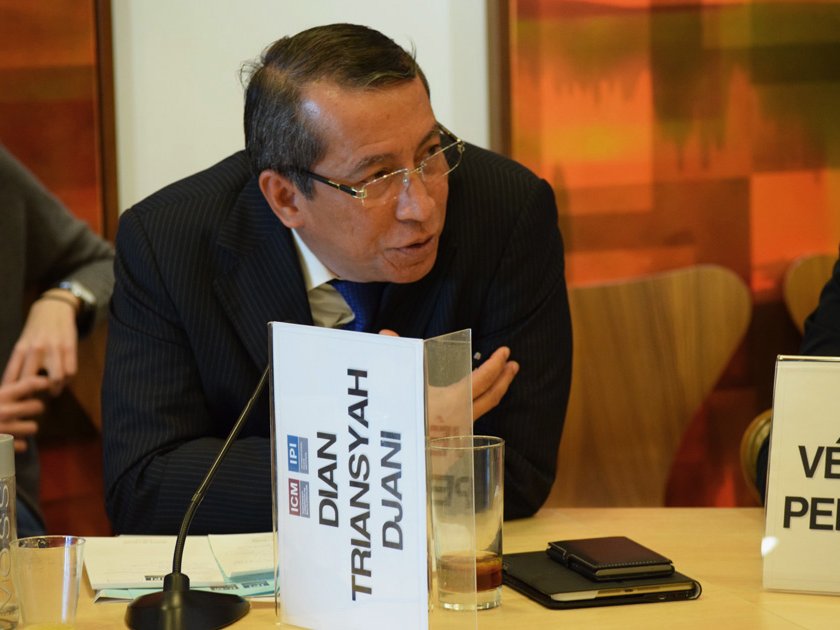The UN is unique in its universality, credibility and unmatched convening power. There are parts of the world where the UN’s word is the ultimate benchmark. Seventy years after its inception, the UN continues to project success stories: from the adoption of the historic 2030 Agenda to spearheading the COP21 Paris Agreement. And yet, in other parts of the world, the UN’s relevance and preeminence as the epicenter of global governance is taken for granted. It is often not viewed as a solution but as part of the problem, particularly in the domain of peace and security. In fairness, this is not a reflection of the UN and its ability to project itself positively per se as it is a reflection of the geopolitical reality between member states.
The UN has several communication mechanisms and platforms—the Secretary-General and his spokesperson, the Department of Public Information, respective UN agencies with independent communication platforms, to name a few—in place to disseminate its message and raise awareness of its activities to the various stakeholders of the multilateral system (including Member States, civil society, NGOs, the private sector, and its main constituency “we the people”). Miscommunication and ineffective messaging however pose a risk to the organization’s long-term legitimacy and credibility. Many have also been critical of a sometimes siloed and uncoordinated approach to information dissemination. A strong and coherent communication strategy is critical to the overall health and success of the UN and the multilateral system as a whole. Without such a strategy, the UN faces the risk of losing buy-in from member states and other stakeholders on its activities and fundamental norms.
With the recent emergence of social media, which has transformed the public information landscape, the UN’s outreach capacity has never been greater. The efficacy of communication lies in its ability to effectively convey information to even the most geographically and politically marginalized populations. The tools of new technology offer an opportunity to devise communication strategies that are universally comprehensible and accessible.
The ICM convened its fifteenth retreat, on improving the UN’s communication strategy, on March 10-11 at the International Peace Institute in New York. Participants included experts from the UN, its member states, academia, NGOs, civil society, the media, and the private sector.
The ICM retreat reviewed the existing communication strategy of the UN system and identified concrete recommendations on enhanced messaging, particularly with regards to the organizations’ positive achievements and potential to bring about positive change around the globe.
The retreat was organized around two sessions. The first session focused on mapping the current landscape and analyzing the main challenges that the current multilateral communication strategy faces. The second session examined ways of addressing gaps, including untapped potential of new technologies and social media in boosting the UN’s communication strategy.
Discussions were held under the Chatham House Rule of non-attribution and were moderated by ICM Chair Kevin Rudd and Secretary-General Hardeep Singh Puri. Colum Lynch, Senior Diplomatic Reporter, Foreign Policy, delivered the keynote address. A discussion paper, based on the retreat discussions, will be posted online in April 2016.
Read the ICM Interviews with:
Colum Lynch
Hayes Brown

